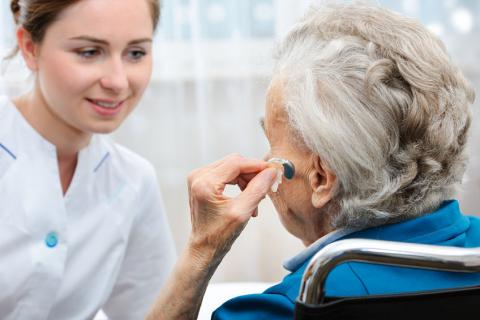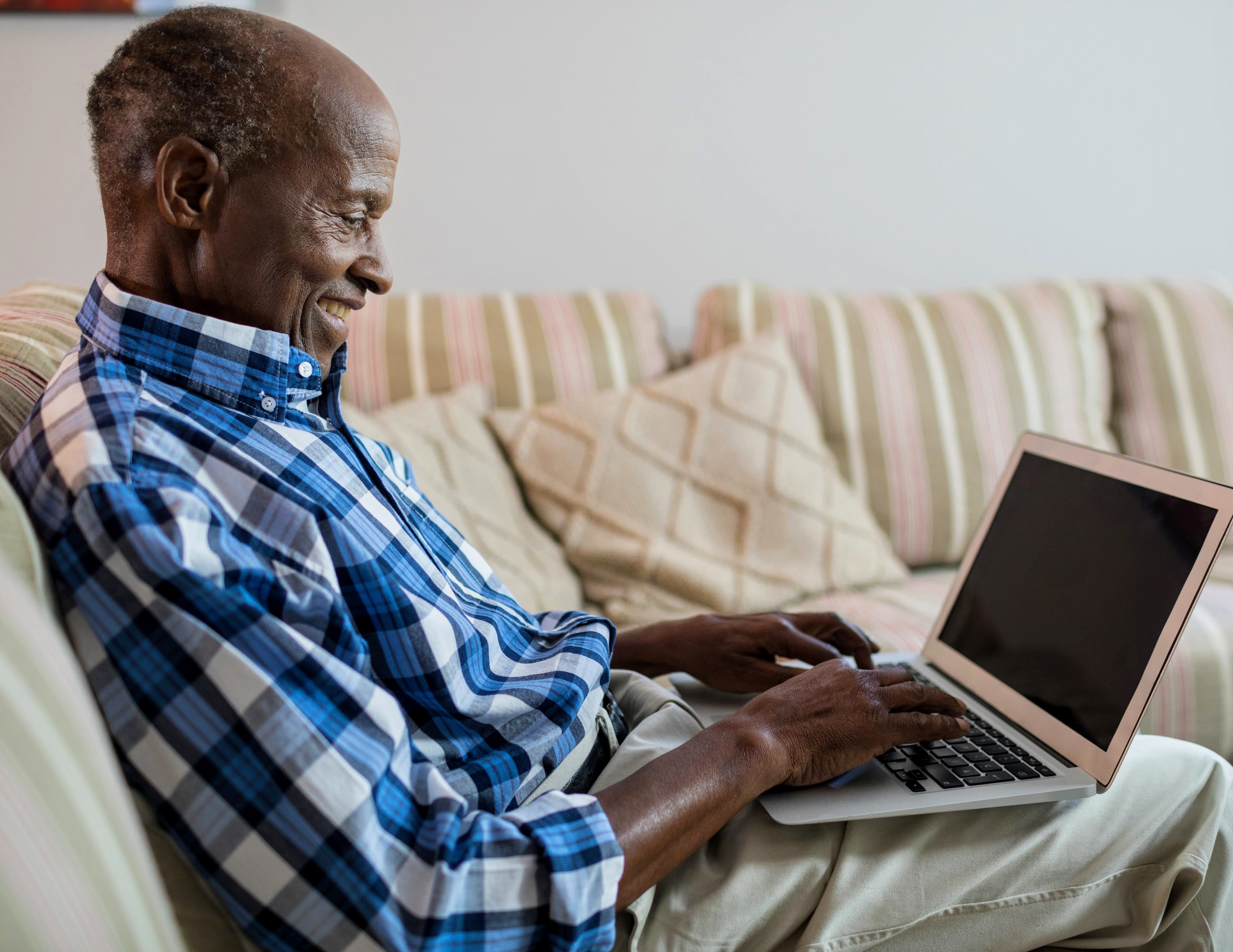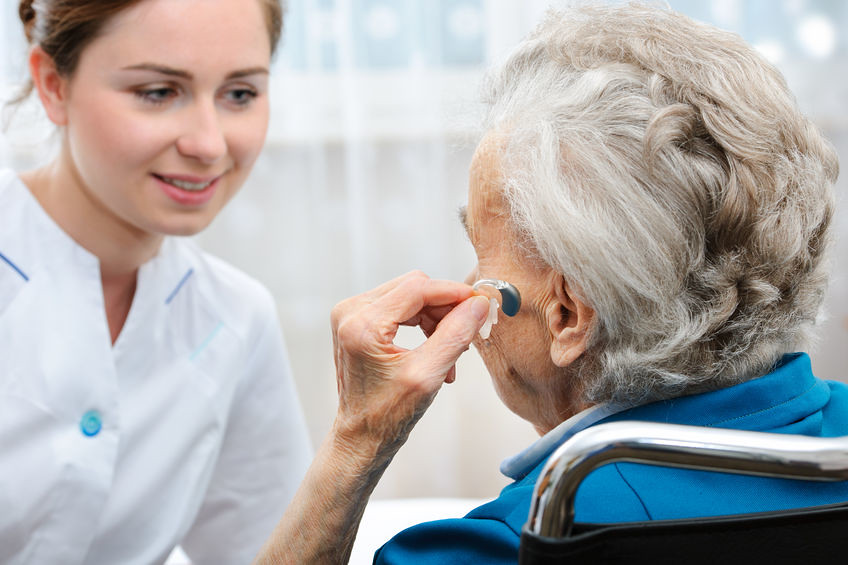
As a senior aging in place you need to constantly assess your network. Your family, friends and neighbors are a great resource but as you age, so does your network. You need to assess their health and ability to help you when needed.
As you make plans to live alone, or have been living solitary for a long time, you must keep your network of family and friends updated and assess their ability to support you in case something happens to you. For example, you fall in your kitchen, you’re okay, but need help for a few hours before determining if you need to go to the hospital or just get a ride the next day to your doctor. Who will you call? Do they have a car? Is their health good enough that they won’t hurt themselves when they help you? This blog post will help you ask the right questions to your network.
Tips and questions to ask your friends and family to make sure your network is in tip-top shape and ready to help you when you are in need.
Does your current support network include a neighbor who you don’t know well?
It’s fun to make new friends with neighbors but if you plan to lean on them when you are in need, be sure to know if they have any limitations that may not be helpful in an emergency. Ask your neighbor if they’ve had a recent hearing and vision test. It may seem like a personal question but at this point, you need to know if they will be able to help you when you are in need. Can they drive you safely to the hospital? Can they hear you on the phone when you call? It could be a life-saving question.
Ask your friends, who are aging too, about their health.
If you rely on a friend who you may not talk to all the time, if may be helpful to ask questions about their health and driving comfort. Some questions to ask: Can they drive, even at night? What do they think of a late night phone call to help? Will they answer the phone at midnight? Be sure to share your health concerns and what they can reasonably expect if a call does happen.
What will family members be able to do? What do they not want to do?
At times, we think that our family members would do anything for us. But is it really true? Are we assuming they could help in any emergency? Ask them. Be blunt. Your safety is the most important thing. If they were to receive a call from you at 2 a.m. would they be able to come right over? Could they help? Do they have reliable transportation? Don’t assume.
If you have pets, will your family or friends be able to care for your pet?
It’s important to talk about who will help you but what if you have a dog or cat. Ask your family and friends if they are allergic to your pets and if they would be able to help your pet if you need help.
One of the most important aspects of creating a network of family and friends is to make sure they know they are in your network and what to expect. Always be sure to get their okay. Don’t assume just because they are your child or best friend that they want to be in the network. They need to know they have this job and know what to do when the call for help comes.
As you age in place and embrace the freedom that living alone offers, don’t forget to keep your friends and family network updated and keep those emergency numbers handy. Embrace the freedom that living alone provides and keep that safety net updated.


